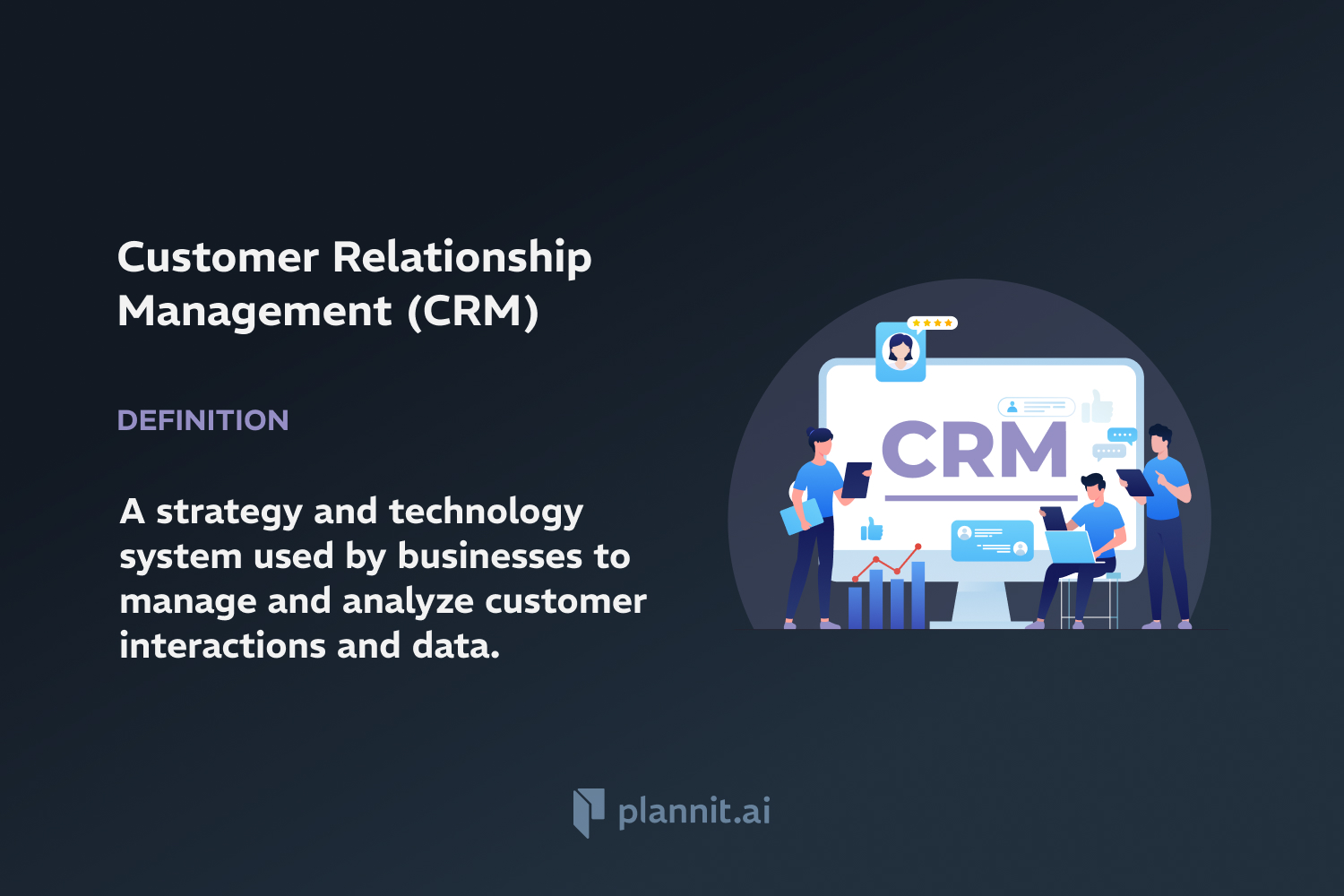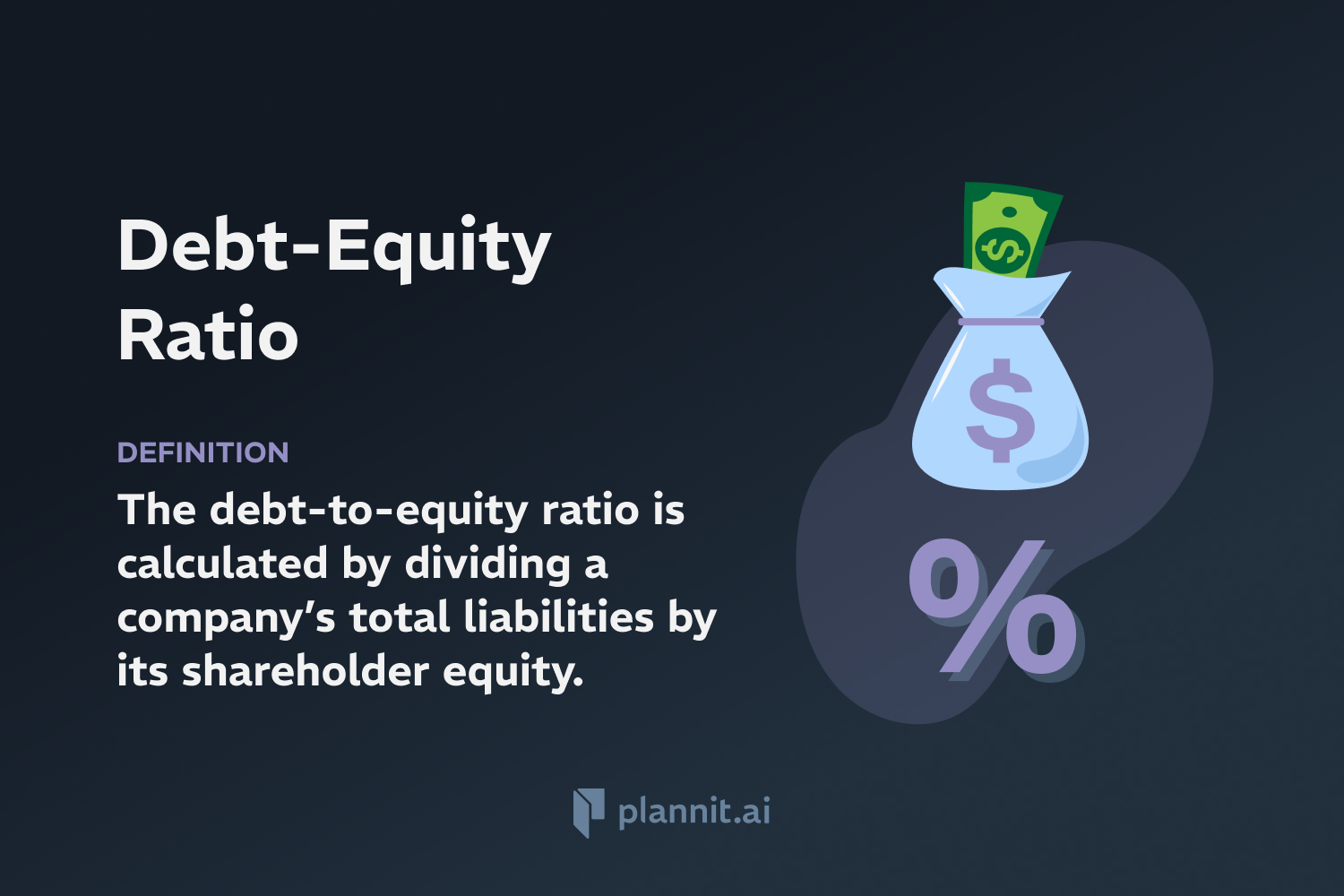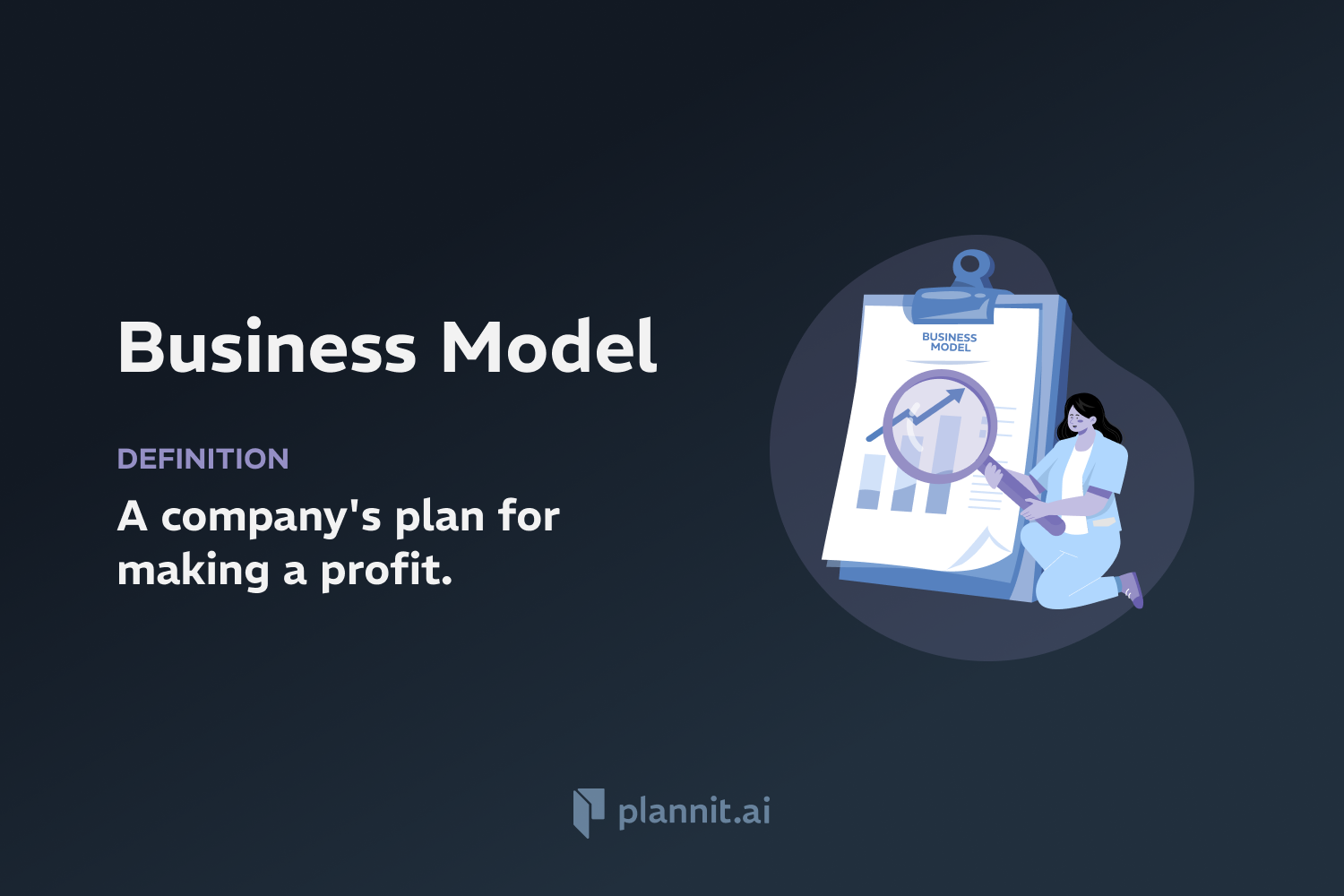Need Help With Your Business Plan?
Answer tailored questions and get a detailed business plan in minutes.
Employee: Definition & In-Depth Explanation
Definition:
Employee refers to an individual who is hired by a company or organization to perform specific tasks and duties in exchange for compensation such as wages, salary, or benefits. This term encompasses a wide range of workers, from part-time and temporary staff to full-time, permanent personnel.
Context of Use:
The concept of an employee is fundamental in labor law, human resources, and organizational management. Understanding the rights and responsibilities of employees is crucial for both employers and workers to ensure fair treatment and compliance with labor regulations.
Purpose:
Employees are essential to the operations of any business as they contribute their skills and labor to achieve the objectives of the organization. The relationship benefits both parties: businesses accomplish tasks and meet goals, while employees receive compensation and career development opportunities.
Example:
Retail Workers: Employees in a retail environment who manage inventory, assist customers, and process sales transactions.
Software Developers: Technical employees who develop, test, and maintain software applications.
Related Terms:
Contractor: A person or firm that undertakes a contract to provide materials or labor to perform a service or do a job.
Human Resources (HR): The division of a business that manages all matters related to the employment, development, and well-being of the company's employees.
Labor Union: An organization of workers formed to protect and advance their rights and interests.
FAQs:
1. What are the different types of employees?
A: Employees can be categorized as full-time, part-time, temporary, or contract based on the nature of their employment agreement.
2. What legal protections are in place for employees?
A: Employees are protected by labor laws that cover minimum wage, workplace safety, anti-discrimination measures, and more.
3. How does one become an employee?
A: Becoming an employee typically involves applying for a job, undergoing an interview process, and accepting a job offer that includes an agreement on compensation and duties.
4. What is the difference between an employee and an independent contractor?
A: Employees work under the control and direction of their employer, who provides the necessary tools and a regular salary, while independent contractors typically control how they work, provide their own tools, and are paid per job or project.
5. How can employers improve employee satisfaction?
A: Employers can enhance employee satisfaction by ensuring fair compensation, providing career development opportunities, maintaining a positive work environment, and respecting work-life balance.
Get funding with a business plan that will impress investors.
Starting a New Business?



